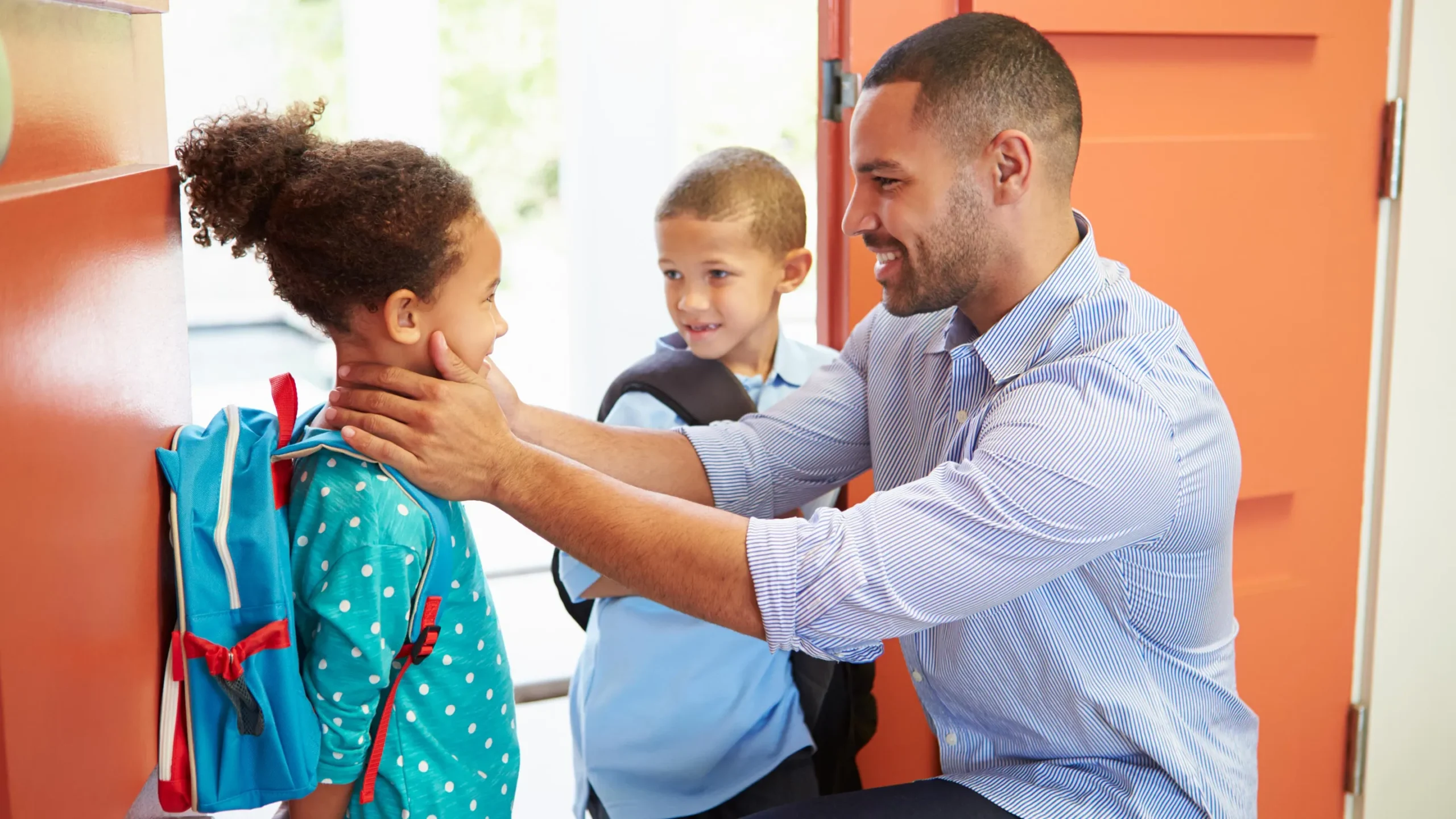Starting school — whether it’s preschool, kindergarten, or a new school — is a big transition for children. New environments, routines, and people can bring excitement, but also anxiety, insecurity, or even resistance. As a parent or caregiver, your support is key to making this process smoother, more confident, and emotionally safe.
This article shares practical, non-medical strategies to help your child adapt to school life in a respectful and emotionally intelligent way.
Why School Adjustment Can Be Challenging
Even if a child seems ready, adjusting to school can be difficult because:
- It’s a separation from parents and home comforts
- It involves new rules, structures, and expectations
- Social interactions can be overwhelming at first
- Some children need more time to feel emotionally safe in new settings
Understanding their perspective helps you respond with empathy and support.
1. Talk Positively About School Before It Starts
Help create excitement and familiarity through casual conversation.
Try:
- “You’re going to meet new friends and try new things!”
- “Your teacher is there to help you — just like we do at home.”
- “Let’s talk about what your day might look like.”
Keep the tone light and enthusiastic, without pressure.
2. Visit the School Together (If Possible)
Familiarity reduces fear. If the school allows it, take your child to visit before their first day.
Let them:
- See their classroom
- Meet their teacher
- Find the bathroom, cafeteria, or play areas
- Say hello to staff in a relaxed, casual way
Even seeing the route to school helps build comfort.
3. Create a Predictable Morning Routine
A calm, organized start helps children feel secure and in control.
Include steps like:
- Wake up at the same time each day
- Have a nourishing breakfast
- Pack the bag together
- Allow a few minutes of cuddle or quiet time before leaving
Avoid rushing when possible — a peaceful goodbye can shape their entire day.
4. Acknowledge and Normalize Their Feelings
It’s okay if your child cries, clings, or shows anxiety — they’re not being “bad,” they’re expressing vulnerability.
Say:
- “It’s normal to feel nervous about something new.”
- “I miss you too when we’re apart, but I know you’re safe and strong.”
- “I’ll be right here waiting when school is done.”
Never shame or minimize their emotions — understanding builds trust.
5. Use a Consistent and Loving Goodbye Ritual
Children benefit from routine during moments of separation.
Ideas:
- A special hug or high five
- A goodbye phrase: “I love you, see you after school!”
- A small item from home (a keychain, note, or photo) to bring in their bag
Avoid long goodbyes, which can increase anxiety. Keep it brief but warm.
6. Celebrate Small Wins
Each day your child attends school is a step forward — even if there are tears.
Celebrate:
- “You went to school even though you were nervous — that’s brave!”
- “I’m so proud you tried something new today.”
- “You stayed all day — how did it feel?”
Recognition builds confidence and resilience.
7. Create Space to Talk After School
Some children open up right away, while others need time to decompress.
Support both by:
- Offering a snack and some quiet time after pickup
- Asking open-ended questions: “What was something fun you did today?”
- Avoiding pressure to talk if they’re tired or overwhelmed
Let them lead the conversation.
8. Partner with Teachers and Staff
If your child is struggling, speak with the teacher calmly and collaboratively.
Ask about:
- How they’re participating
- Moments of stress or withdrawal
- What strategies are being used in the classroom
- How you can reinforce progress at home
A united team helps your child feel consistently supported.
9. Reinforce Confidence and Independence
Praise your child’s growth in adapting to school routines.
Say:
- “You’re learning so much about being independent!”
- “I love how you put your shoes in your cubby today — you’re growing up.”
- “You handled your feelings with such courage.”
Even small acts of independence are big wins in school adjustment.
10. Be Patient — Adjustment Takes Time
Some children adapt in days, others in weeks or even months. Stay consistent, supportive, and calm — your presence is their safe foundation.
Trust the process:
- Stay positive and confident in their ability to adjust
- Keep consistent routines at home
- Give extra love and presence outside of school hours
Your steady support is what gives them the courage to thrive in new environments.
Final Thoughts: A Journey Toward Growth
Adjusting to school is a big emotional step in your child’s journey — and yours too. With empathy, predictability, and trust, you can help your child feel secure, seen, and supported as they navigate this important transition.
The goal isn’t to eliminate discomfort — it’s to guide them through it, gently and respectfully, one day at a time.
